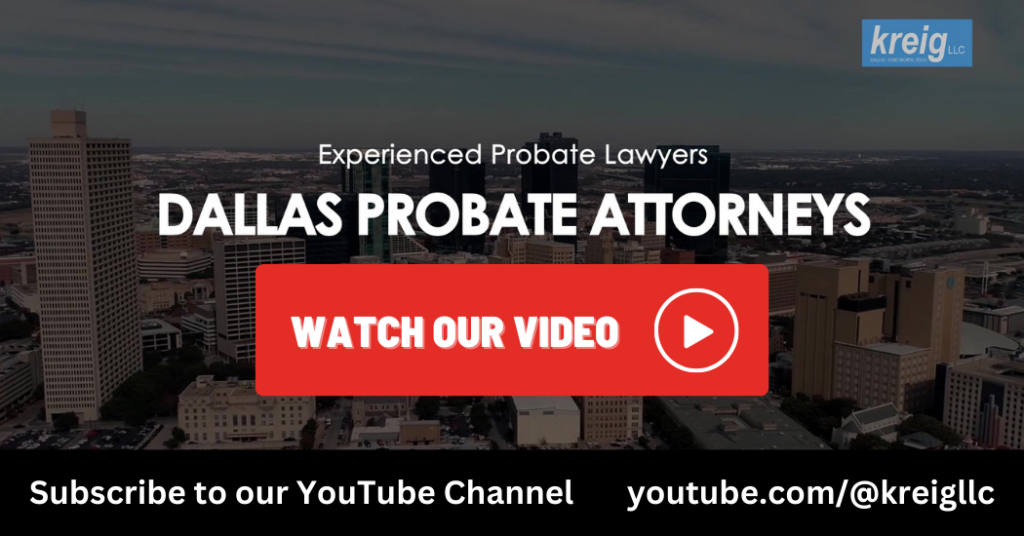The process of probating a will in Texas is subject to specific time constraints, which require careful attention and timely action. A four-year window is provided from the time of a testator’s passing for the probate of a will. Beyond this timeframe, the right to utilize the will for property distribution is typically forfeited, with intestate succession becoming the default. Nonetheless, there can be exceptions for the four-year deadline for probating wills in Texas. The Marshall v. Estate of Freeman, NO. 03-20-00449-CV (April 29, 2022) exemplifies this matter.
Facts & Procedural History
The decedent had a brother, and in his will, he named him as the executor. When he passed away, the brother was unaware that he needed to admit the will into probate. Forty-one years after the decedent’s passing, the brother learned that he needed to probate the will, but he still waited another year before petitioning to probate his brother’s will on the basis that he did not know a will needed to be probated.
Introduction to Probate Time Limits
When someone dies with a valid will in Texas, their executor has a duty to submit the will to probate court within a certain timeframe. Section 256.003 of the Texas Estates Code imposes a four-year deadline from the testator’s death to probate a will.
If the will is not probated within four years, the right to use the will for property distribution is generally lost, and intestate succession is therefore applied. However, exceptions exist for those demonstrating diligence in offering the will sooner.
Establishing Reasonable Diligence
Under Section 256.003 of the Texas Estates Code, a will can still be probated after four years if the party offering the will shows they were not “in default” by failing to act with reasonable diligence.
Factors like the applicant’s knowledge of the will’s existence, efforts to locate it, and reasons for delay in probating are considered. Things like an executor’s ignorance of the law or procedural steps do not excuse lack of diligence, which was the reasoning for the decedent’s brother not probating the will.
The burden is on the applicant to provide evidence establishing their diligence. If reasonable diligence is not proven, the court cannot admit the will to probate after four years.
Seeking a Probate Exception
Parties seeking to probate a will after four years must provide evidence such as:
- Reasonable delay and actions upon learning of will’s existence
- Steps taken to locate the will
- Circumstances explaining slow probate petition
The Takeaway
Although the statute of limitations for probating a will is four years, exceptions can be made if the will has already passed the four-year mark. The burden of proof lies with the party seeking exception.
With proper evidence of diligence, Texas courts can allow exceptions to the four-year probate deadline, as there is no excuse for delays once a will’s location and need for probate is known.
Our Dallas Probate Attorneys provide a full range of probate services to our clients, including helping with probate administration. Probate is what we do. Affordable rates, fixed fees, and payment plans are available. We provide step-by-step instructions, guidance, checklists, and more for completing the probate process.We have years of combined experience we can use to support and guide you with probate and estate matters. Call us today for a FREE attorney consultation.
Disclaimer: The content of this website is for informational purposes only and should not be construed as legal advice. The information presented may not apply to your situation and should not be acted upon without consulting a qualified probate attorney. We encourage you to seek the advice of a competent attorney with any legal questions you may have.
Don't miss out, get a copy today!












